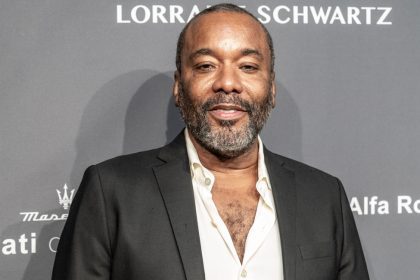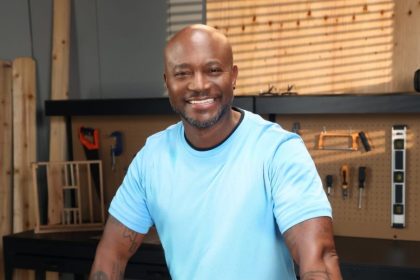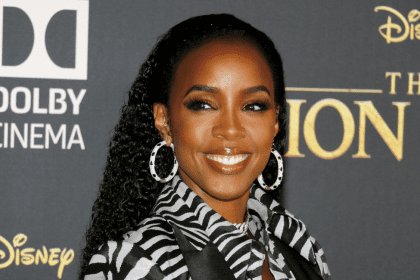
Fox’s urban hit “Empire” has received mixed reviews from fans during the second season. While the ratings were astronomical for the first season, the numbers have consistently waned in season two, leaving viewers frustrated with over-the-top storylines, including violence, homophobia and mental illness. Fans have collectively complained about storylines lacking development, suggesting the simple approach to complex issues leaves much to be desired in a television drama. With characters dealing with such heavy taboo issues laden with stereotypes, social media feedback continues to reflect shock and disconnect with the audience looking to connect with the in-your-face drama from first season.
I can admit to being a critic of the initial episodes although I was intrigued with executive producer Lee Daniels daring to show mental health issues in more than one of the characters on the show. Initially, eldest son Andre was diagnosed with bipolar disorder, but managed with prescription medicine and therapy to function somewhat successfully. Since the second episode of season two, main character Lucious Lyon has experienced flashbacks of a schizophrenic mother who was incapable of parenting. In a gutsy scene Lyon voiced concern over a grandchild inheriting the mental disorder from his father. In episode five on Nov. 11, Lyon’s mother, played by songstress Kelly Rowland, puts a pistol to her head and plays a game of Russian roulette with an elementary-aged Lucious watching in fear, silently begging his mother not to do it. It’s insinuated that she pulls the trigger; and years later we see Lyon has kept his mother’s gun as a keepsake in a safe.
I commend Daniels for painting a realistic picture of the symptoms and lifestyle of people functioning with mental illness. In addition to the rage, substance abuse, depression and thoughts of isolation, the diseases often lead victims to entertain suicidal thoughts, and without help, can result in suicide. According to a study on mental illness and suicide from the University of Washington, School of Social Work, ” At high risk for suicide are individuals who suffer from depression at the same time as another mental illness. Specifically, the presence of substance abuse, anxiety disorders, schizophrenia and bipolar disorder put those with depression at greater risk for suicide.”
Contrary to my initial thought, Daniels is genius in subjecting his audiences to complex topics that are hard to swallow wrapped in a flimsy, often predictable storyline. If art imitates life, many of the problems that we refuse to confront are hidden behind flimsy, transparent defenses that do little to bring change. Although suicide is a taboo subject, there are few of us who haven’t been affected by its finality. Perhaps Daniels is demonstrating our culture’s hypocrisy in its reluctance to face real issues and to opt instead to hide behind hype, flash and bling. With mental illness being one of the African American community’s largest ills and yet one of our least discussed issues, “Empire” is quite possibly following suit. I know numerous families with a member that suffers from an obvious mental disorder and instead we turn a blind eye and refer to them as “special” or even “crazy.” At barbecues and reunions we direct the smaller children away from them or tell them not to stare, but no one addresses a real diagnosis or talks about how to properly manage mental illness. Our inability to address the reality of mental illness equates to the fear of recognizing our helplessness; and is just as simple and transparent as an “Empire” storyline that uses celebrity cameos, music and shock value to retain an audience.
















